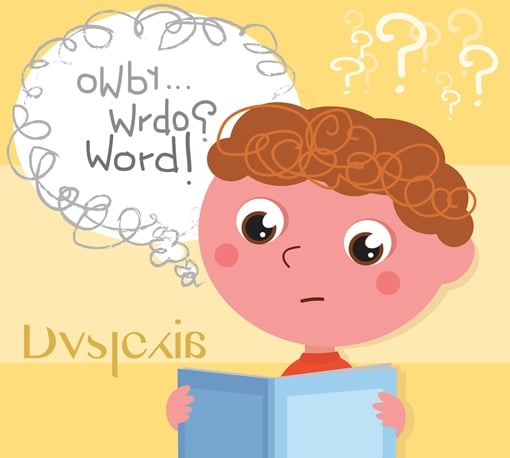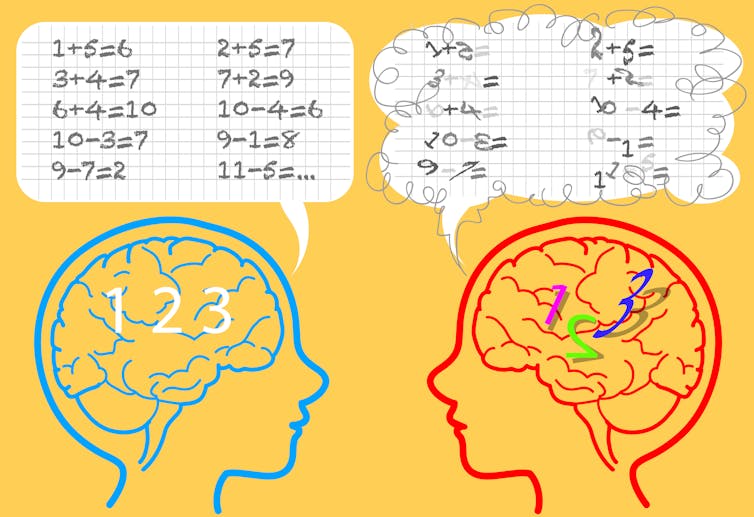A learning disability is a neurological disorder. In simple terms, a learning disability results from a difference in the way a person’s brain is “wired.” A learning disability can't be cured or fixed; it is a lifelong issue. Parents can help children with learning disabilities achieve such success by encouraging their strengths, knowing their weaknesses, understanding the educational system, working with professionals, and learning about strategies for dealing with specific difficulties.
Einstein , H.G.Wells , Charles Schwab ,
Steve Jobs, Steven Spielberg all these celebrities had had to grapple with
learning disabilities to be successful in life. Indian celebrities such as
Hrithik Roshan, Abhishek Bachchan, and Boman Iran too have overcome learning
disabilities.
Though individuals with learning
disabilities have impacted the world enormously, it is said that children with
learning disabilities are called ‘slow’ or ‘dumb’ even today.
Types of learning disabilities :
·
1. Dyslexia
Dyslexia is a learning difficulty that
affects an individual’s ability to break words down into phonemes. This
affects the development of their skills in reading, writing, and spelling.
Though such persons are highly intelligent and creative, they still struggle
with basic literacy skills, phonics, and pronouncing words. Research says
that 20% of the population has dyslexia.
· 2. Dysgraphia:-
Dysgraphia is a specific learning
disorder in written expression referring to the language-based difficulties
involved in constructing meaningful and effectively-structured expressive
writing and ongoing weakness in spelling and punctuation that affect a
student’s capacity to express their ideas with clarity. Persons affected with
dysgraphia also faces difficulties in basic grammar and spellings.
· 3. Dyscalculia:-
Dyscalculia
is a math learning disability that impairs an individual’s ability to learn a number
related concepts, perform accurate math calculation, reason and problem solve
and perform other basic math skills. Individuals with dyscalculia have
difficulties with all areas of mathematics – problems not explained by a lack
of proper education, intellectual disabilities, or other conditions.
· 4. Dysnomia:-
Dysnomia
is a learning disability that is marked by difficulty in recalling words,
names, numbers, etc from memory. The real problem stems from the fact that
the words that they cannot remember are essential as they are needed for oral
or written expressive language. The person may provide a detailed description
of the word in question but is unable to recall its exact name. Even they
have difficulty in name things like colors, objects, numbers, and letters.
Besides, there are other learning disorders such as
Auditory processing disorder (APD), Visual Perceptual/ Visual Motor Deficit, and Non-Verbal Learning Disabilities.
India is thought to have approximately 90
million people with varying degrees of learning disabilities and an average
class in schools have about 5 students with learning disabilities. These
children are potential dropouts from the schools. Unfortunately in India,
many children with a special learning disability (SLD) often remain undiagnosed
because of a general lack of awareness leading to chronic poor school
performance, class detention and even dropping out of school.
In India, a student with SLD Is most likely
to exhibit emotional problems mainly due to poor academic performance.
An evaluation and identification of
specific learning disabilities of children in India is a herculean task with
various factors like illiteracy of parents, non-availability of standardized
tests in all languages which are the media of instructions in all government
schools, especially in rural areas.
Individuals with learning disabilities need a lot of understanding, support, and help in identifying their strengths and weakness.
References :
Roseberry-McKibbin, C . (2007) Language Disorders in children: A multicultural and case perspective. Boston: Pearson Education, Inc.
To read more: LDA America
Written By – Violet Priscilla S
Edited By - Anamika Malik












5 Comments
Really interesting
ReplyDeleteNice work you have done collected many information thank you
ReplyDeleteNice
ReplyDeleteWow learned new
ReplyDeleteWell done
ReplyDelete